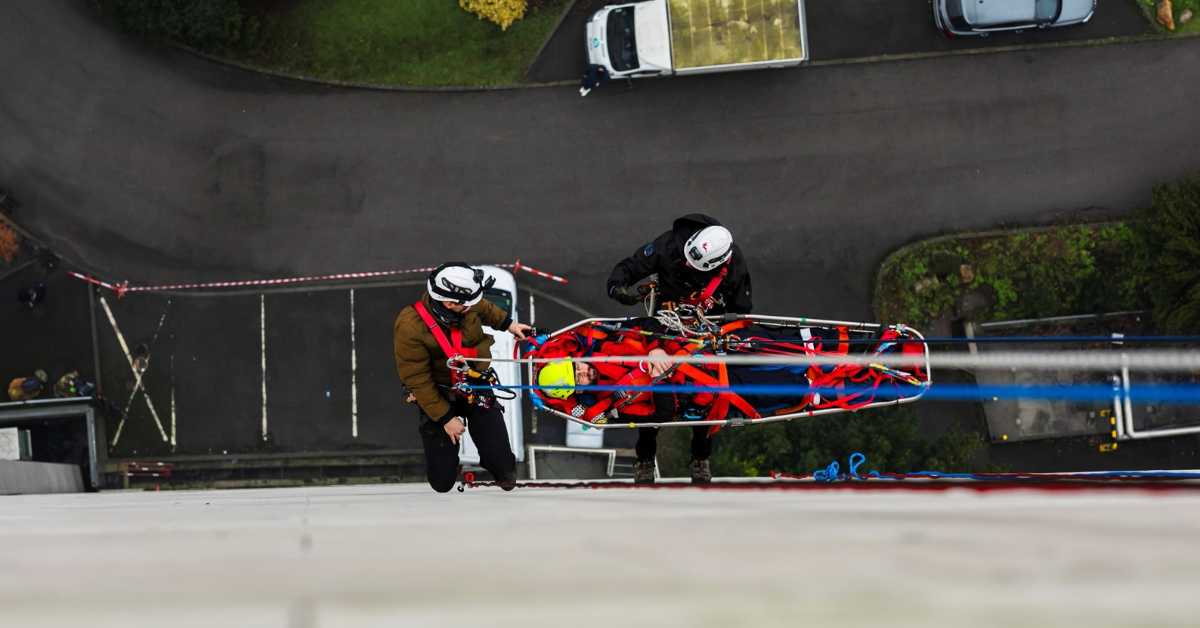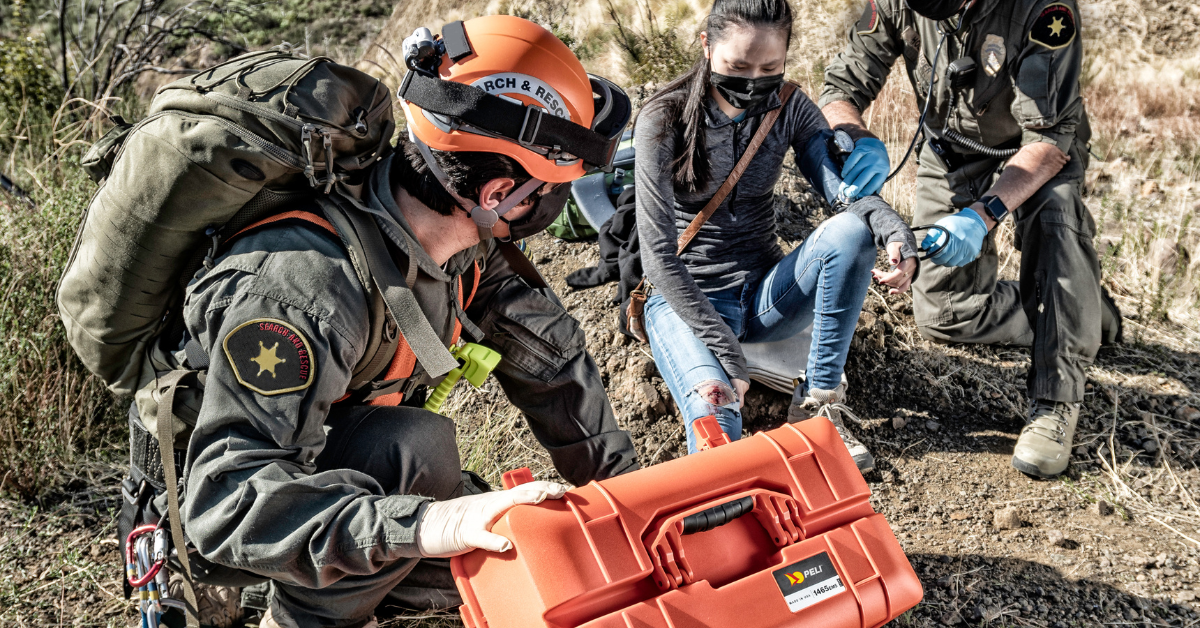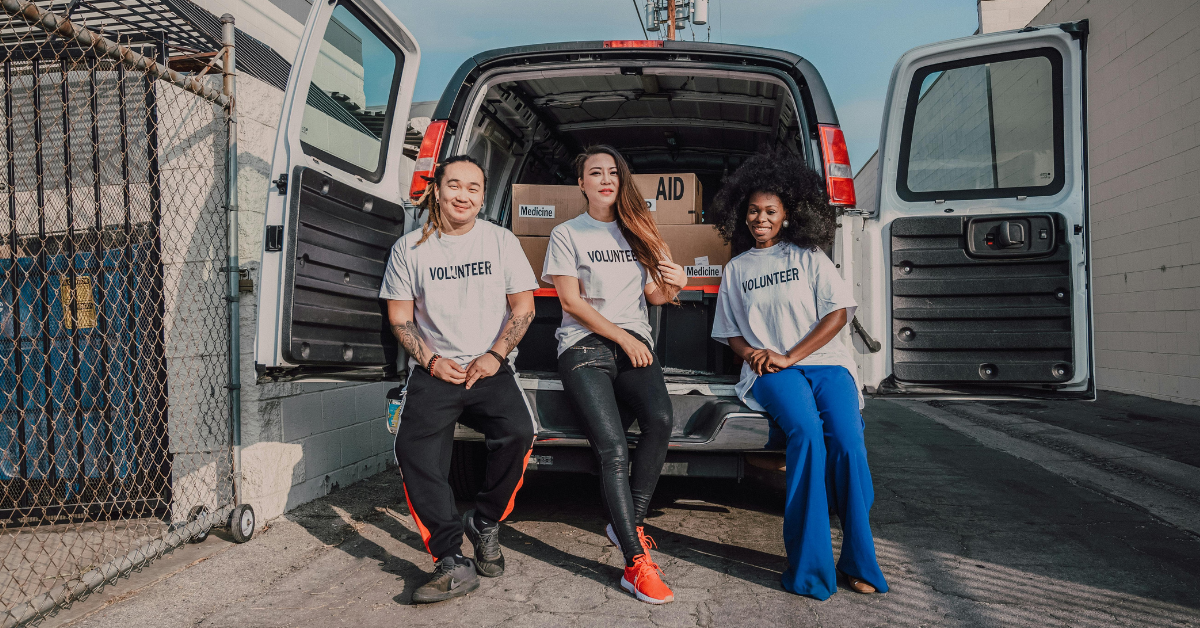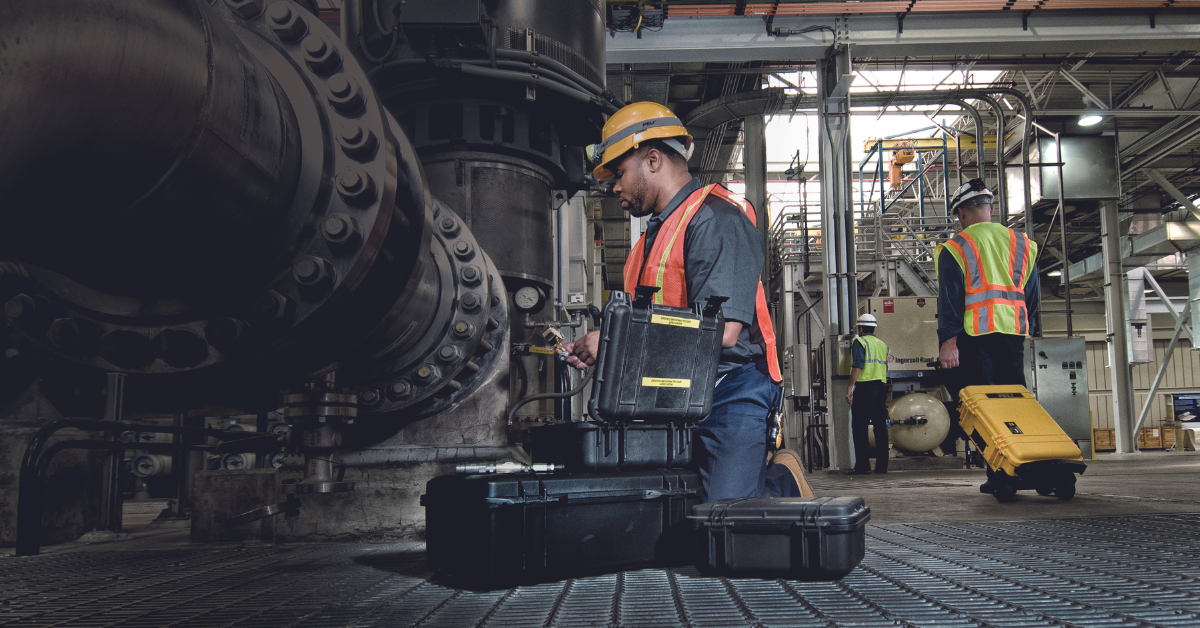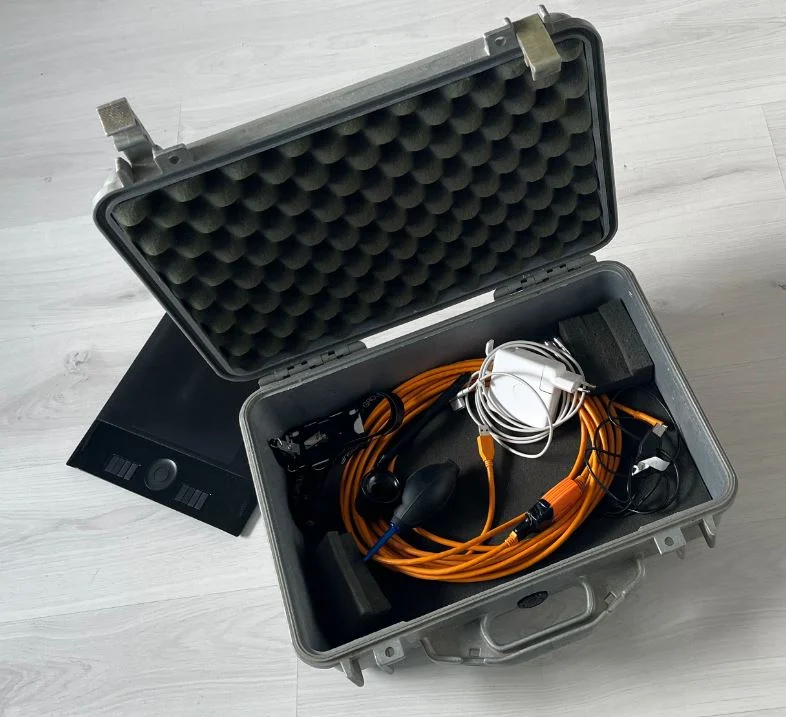When disaster strikes or medical support is needed in the most remote regions, the margin for error is razor-thin. For Medical Aid Teams, maintaining the correct temperature for critical supplies such as vaccines, blood samples, or diagnostic reagents isn’t just a matter of compliance — it’s a matter of life and death.
Transporting temperature-sensitive items across unpredictable terrain, in varying climates, and under time pressure, presents a distinct set of challenges. Thankfully, compact and intelligent transport solutions now exist that can help teams maintain cold chain integrity even in the most hostile conditions.
-3.png)
How can we ensure temperature-sensitive medical supplies remain within safe limits during transport?
The key lies in using cases specifically engineered to insulate and protect. Traditional cooler boxes or improvised carriers often fall short in both durability and performance. Instead, purpose-built containers with thermal insulation, pressure regulation, and seal-tight closures are essential. These features collectively preserve internal temperature and protect contents from environmental fluctuations.
Some case models even integrate advanced insulation and offer compatibility with phase-change materials or passive cooling packs. Combined, these components create a mini cold-storage environment for critical medical assets.
What are the best portable case solutions for maintaining cold chain integrity in remote or challenging environments?
Single Lid Containers and the Light Lift™ series stand out for their combination of strength, insulation potential, and portability. With thickened corners, tongue-and-groove seals, and optional features like humidity indicators and pressure relief valves, they are well-equipped to support cold chain requirements.
For larger volumes, mobile medical supply trunks — used by NATO and tested in combat scenarios — offer up to 331 litres of protected internal space. They include moulded handles, edge casters for movement, and can be retrofitted with internal insulation layers or compartmentalisation for medical supplies.
Are there rugged case systems that support both insulation and real-time temperature monitoring?
Yes — particularly when customised through Advanced Case Solutions. These allow for embedded technology such as data loggers, Bluetooth thermometers, or even IoT-enabled monitoring modules. When integrated within insulated container walls, such systems let field medics or logistics teams track internal conditions in real time.
The goal is to provide not just passive insulation but active insight. Cases can also be fitted with compartments tailored for specific vial sizes or fragile devices, ensuring both thermal and shock protection.
How do we balance durability with thermal protection for life-saving medical gear?
Durability and thermal integrity are not mutually exclusive. Materials like high-impact polyethylene used in rotomoulded containers offer incredible shock resistance and natural insulation properties. Combined with tight-sealing lids and reinforced edges, they help maintain internal stability even in fluctuating external temperatures.
Compact cases like those in the Protector and Air series are also IP-rated, meaning they resist both water ingress and dust — vital features when transporting contents to flood zones, dry deserts, or tropical climates.
Can protective transport cases be customised to accommodate specific medical equipment and temperature requirements?
Absolutely. One of the most powerful tools for medical aid teams is the ability to design the interior of a case around their exact needs. From foam layouts for blood bags to modular trays for triage kits, internal configurations can be tailored to specific workflows. When paired with a case structure that supports thermal management, the result is a mobile, secure, and organised field unit.
The best solutions are not just containers — they are active components in the mission to save lives.
Meeting the demands of the field requires solutions as resilient as the teams who serve in them. Compact, durable case systems help medical professionals move fast, stay organised, and — most critically — maintain control over vital temperatures, no matter the environment.
Explore the range of advanced protective solutions at www.peli.com.


